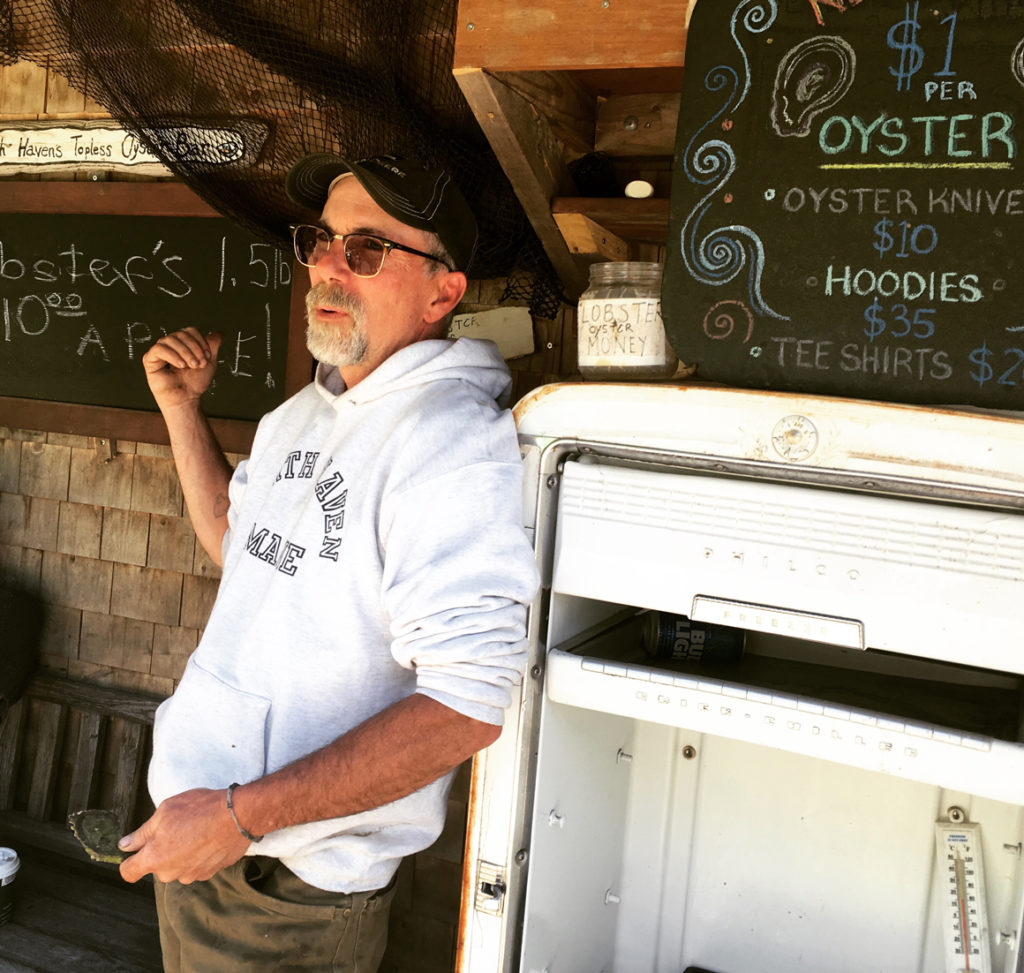Which species of shellfish will grow in the waters near me?
What do I need to be concerned about if I want to grow mussels?
How should I be thinking about my business if I am going to start growing oysters?
What does aquaculture gear look like?
Where do I go for more information or resources about starting an aquaculture business in Maine?
As I talk to people about the future of our coastal communities, I get a lot of questions about aquaculture. Some people are curious about starting a new business, others may know somebody who is interested. Some just want to better understand what aquaculture looks like. To help answer these questions, the partners involved in the Aquaculture in Shared Waters project developed a fact sheet series that provides a jumping off point for a more in-depth conversation about aquaculture. We tried to answer many of the common questions we get from fishermen or other coastal community members about aquaculture businesses and provide links to additional resources.
These fact sheets can be found on the Island Institute aquaculture webpage, and below:
- Introduction to Aquaculture – what is needed to start a small operation in Maine
- Know Your Water – basic water quality monitoring techniques
- Husbandry – best practices for shellfish aquaculture
- The Business of Aquaculture – how to successfully develop and run a small aquaculture business
- Kelp Production – what is needed to start your own seaweed aquaculture operation
- Site Selection– what to consider when choosing your location

Bringing it to the screen
It is one thing to read a fact series—it is another to actually see an aquaculture operation up close and hear the grower talk about their business. This short film, produced by the Island Institute’s Scott Sell, provides an introduction to shellfish and seaweed aquaculture in Maine. It is the fourth and final part of a film series we have been working on for a couple of years.
The first three Climate of Change films highlight the threats and challenges a changing environment poises to fishing communities in Maine, Alaska, and Florida. The fourth film, as I mentioned above, focuses on how shellfish and seaweed aquaculture can be part of the future for Maine’s coastal communities, help keep people working on the water, and improve the ability of our coast to withstand future environmental change. We are showing the film series in a bunch of Maine coastal communities this summer—check out the current list here. If you are interested in hosting an event in your town this fall or winter, please contact Marydale, our VP of Media and Communications
I hope you share the video and the fact sheets with anybody who might be interested in aquaculture or have questions about it. If you think growing oysters or mussels or starting a kelp farm might be something you are interested in, please send me an email, or contact Bri Warner, economic development director. I look forward to hearing from you!
The Aquaculture in Shared Waters project is a National Sea Grant funded program to help prepare fishermen to start an aquaculture venture. Support from this project comes from partnerships between the following organizations: University of Maine School of Marine Sciences, Maine Sea Grant, University of Maine Cooperative Extension, Maine Aquaculture Association, Maine Aquaculture Innovation Center, Coastal Enterprises Inc., and the Island Institute.


